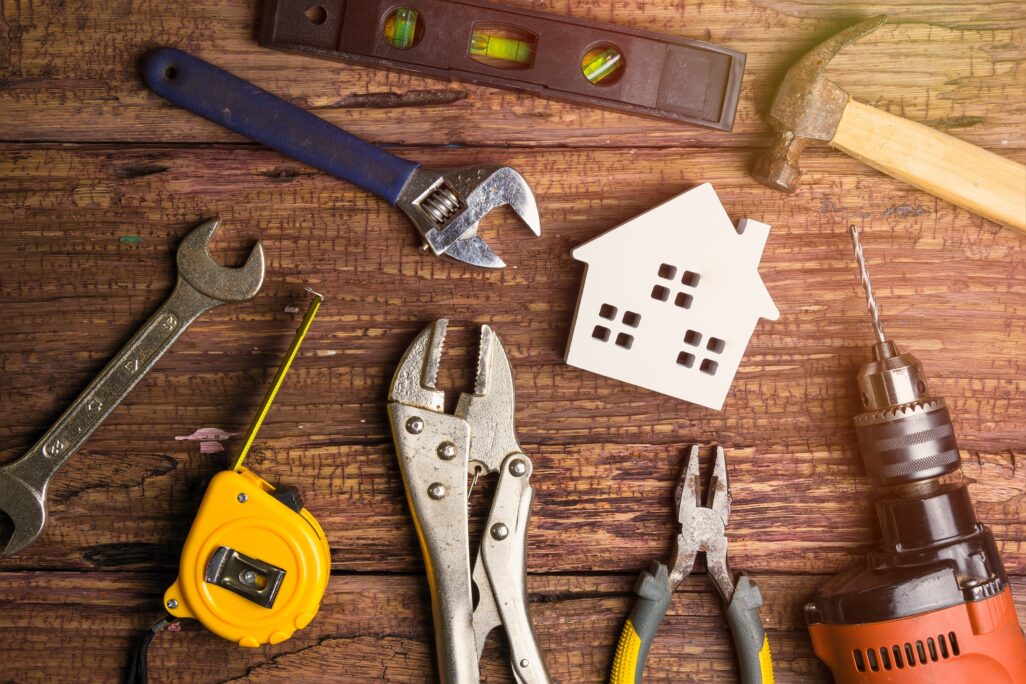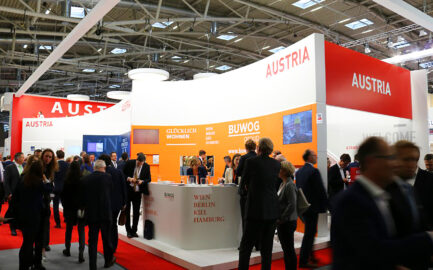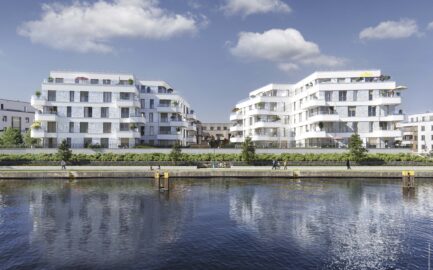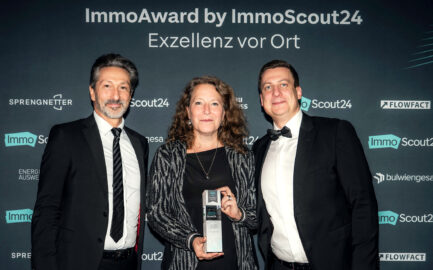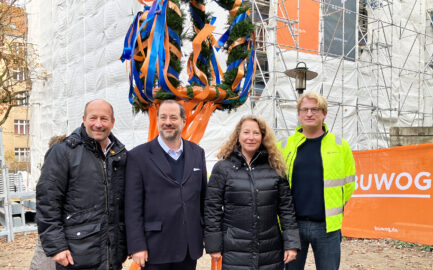Deciding whether it is worth repairing a faulty appliance can be tricky, with a number of factors playing a role here: How old is the appliance? How much does the repair cost, and what is the price of a new purchase? In this article, klimaaktiv Haushalte shows you how to proceed correctly in the event of damage, when a repair is truly worthwhile and, if in doubt, how to dispose of appliances in an environmentally compatible way – ensuring you make the best decision for your appliances and the environment.
Your appliance doesn’t function properly any longer? This is what to look out for:
As the extraction of raw materials for electronic components has a significant environmental impact, extending the service life of electrical appliances is especially worthwhile. The following points in this list should always be taken into account:
- Read the operating instructions: Minor faults, defects or error messages can often be rectified quite easily yourself. Take a look at the operating instructions or the manufacturer’s website and use the klimaaktiv repair guide (in German) to find out what damages you can repair yourself and when a specialist should be consulted. You will also find useful tips on damage prevention and helpful contacts for repairs. This will extend the service life of your appliances and save you time and money!
- Take advantage of customer service:If you are unable to rectify any defects yourself, contact customer service or hire a repair service once the warranty has expired. Have the name of the appliance on hand and enquire in advance about the travel costs and hourly rate. Also describe the problem as precisely as possible. Technicians usually have standard spare parts with them and can repair your appliance immediately.
- Orientation:Before deciding whether an appliance should be repaired or replaced, ask yourself the following questions: How old is the defective appliance and are more energy-efficient models now available? What are the expected repair costs? How much would a new appliance cost? As a result of the Austrian repair bonus, in most cases it is worthwhile to refrain from disposing of defective appliances straight away. This bonus can be easily downloaded from reparaturbonus.at and used several times per year and household – saving you money and protecting the environment!
What to look out for in the event of a new purchase
When making a new purchase, you should make sure that the product is energy-efficient and of high quality. klimaaktiv Haushalte supports you in making the right choice for your new purchase and provides you with an overview of the most energy-efficient products on the Austrian market.
Proper disposal
In Austria, the disposal of old electrical appliances from private households is free of charge. You can find the opening hours and locations of the disposal centres directly from your municipal authority. You can also use Elektroaltgeräte Koordinierungsstelle Austria GmbH’s helpful collection point locator (“Sammelstellenfinder“) to find collection points near you.
When purchasing a new appliance in shops with a sales floor area of more than 150 m², it is possible to return an old electrical appliance of “equivalent type and function” free of charge. This 1:1 return applies regardless of whether the old appliance was originally sold by the retailer. This way you make room for new appliances and at the same time ensure environmentally friendly disposal!
Conclusion: Repairs favouring the environment and your budget
Repairs are a sustainable and economically sensible alternative to the immediate disposal of defective appliances. They help conserve resources and reduce waste while simultaneously saving you money. So take advantage of the repair options and pay attention to quality and energy efficiency when purchasing a new appliance to do something good for your budget as well as the environment.

